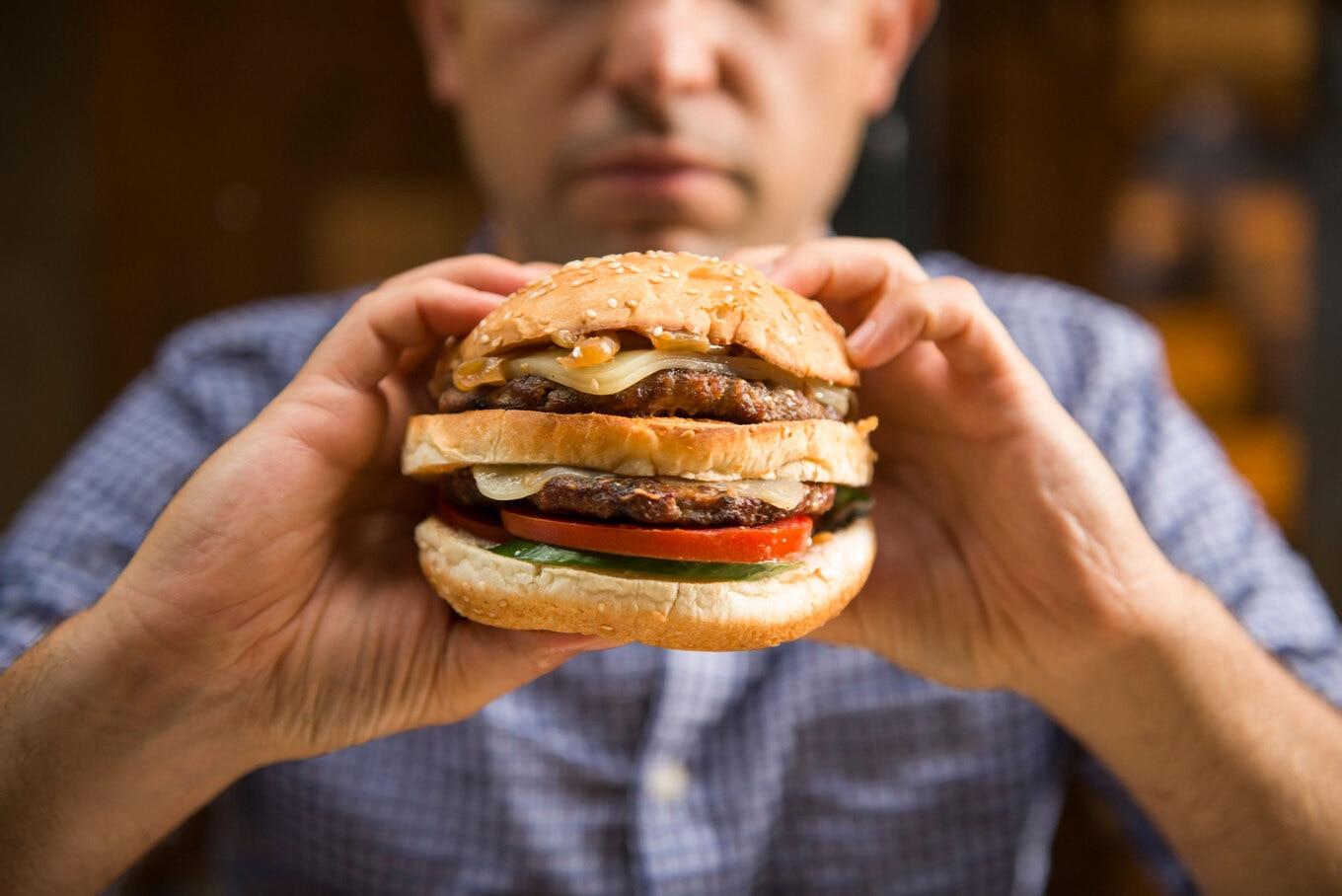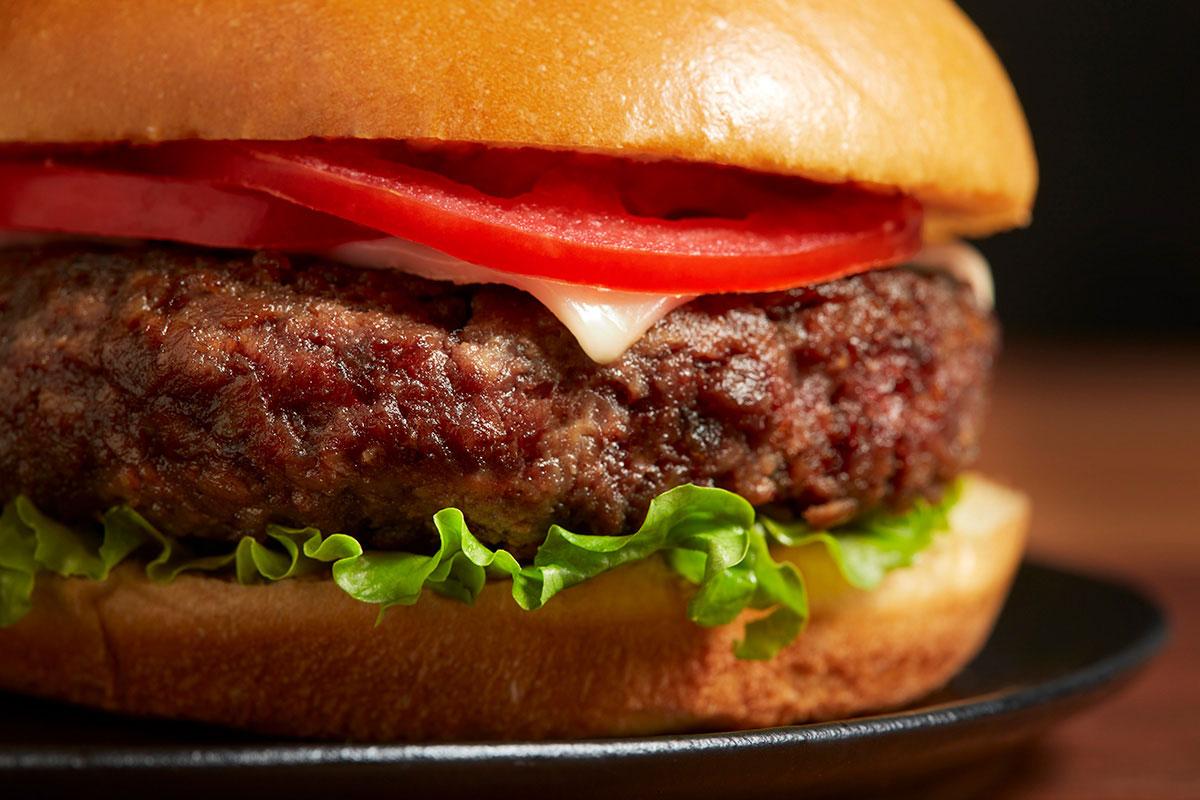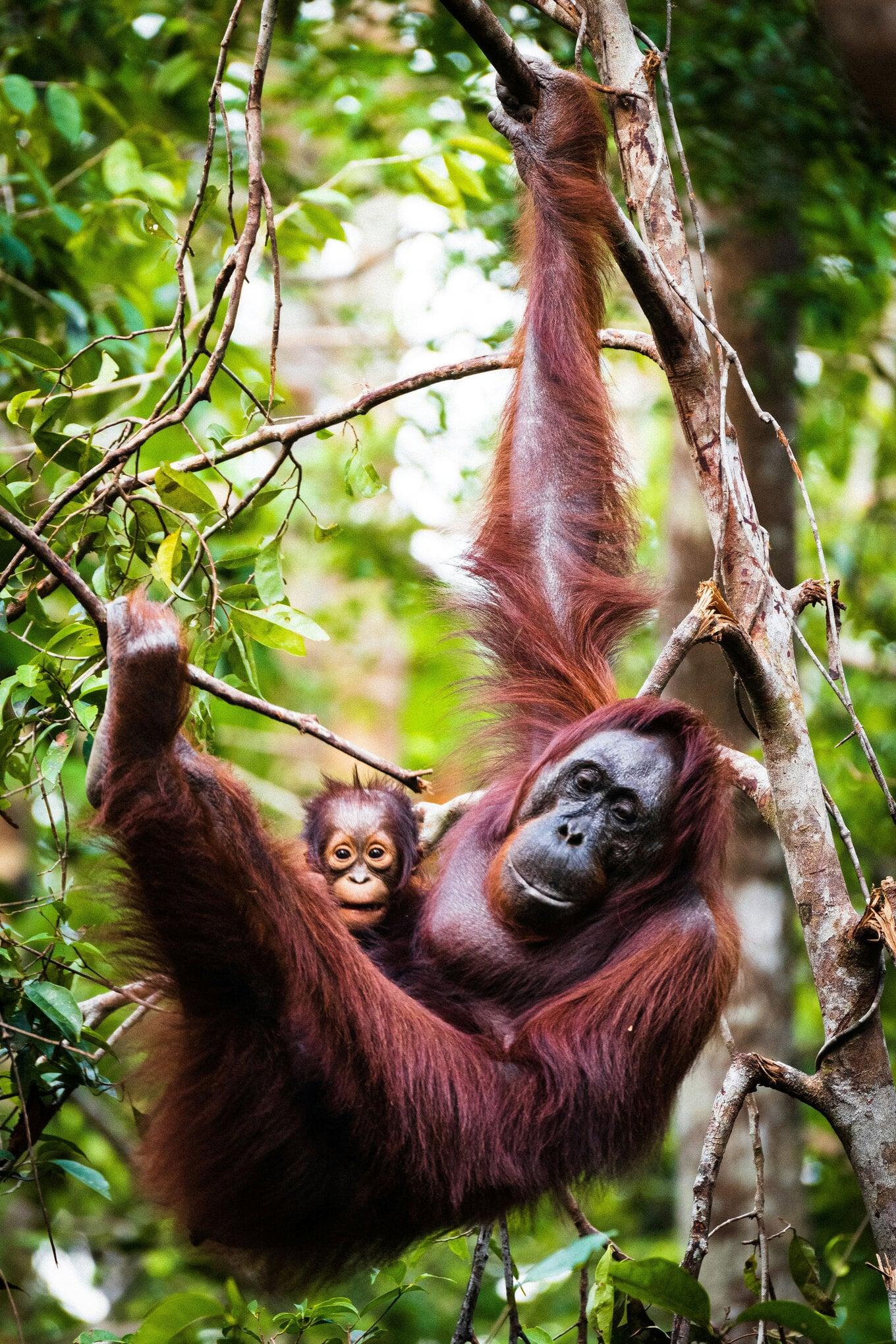Microsoft co-founder Invoice Gates has a smooth spot for cheeseburgers. However consuming his favourite meals, Gates acknowledges, has come at a value.
“Cheeseburgers are my favourite meals,” Gates wrote in a latest submit on his Gates Notes weblog. “However I want they weren’t, given the impression they’ve on the setting.”
 Getty
Getty
Gates’ concern stems from the numerous environmental degradation attributable to animal agriculture. The manufacturing of 1 pound of beef requires roughly 2,500 gallons of water, and animal agriculture contributes to just about 15 % of world greenhouse gasoline emissions.
These emissions surpass these from all transportation mixed and make the most of almost 70 % of agricultural land, contributing to deforestation, biodiversity loss, and water air pollution.
Using land for livestock is in depth, with greater than one-third of US land used for pasture. Animal agriculture’s land use is so important that eliminating beef and mutton consumption might scale back the worldwide want for agricultural land by virtually half.
By 2030, a examine revealed in The Lancet discovered, that the livestock sector might account for nearly half of the world’s emissions funds for a 34.7 levels Fahrenheit temperature restrict except adjustments are made.
Can we justify consuming cheeseburgers in gentle of those information? Gates says sure, however we now have to rebuild the parts of cheeseburgers to be much less environmentally damaging.
Invoice Gates rethinks cheeseburgers
After confessing his love for cheeseburgers, Gates mentioned the developments in plant-based meats. The tech billionaire was an early investor in a number of various meat firms, together with Inconceivable Meals, Past Meat, and Upside Meals (a cultivated meat firm specializing in rooster).
 Motif Meals
Motif Meals
The 68-year-old visionary additionally backs Motif Meals, a biotechnology firm that develops breakthrough substances that enhance the flavour and texture of other proteins to make them extra craveable.
Gates factors out that whereas progress has been made in creating plant-based options to animal merchandise, there may be nonetheless a niche in taste that’s stopping a widespread shift towards these extra environmentally pleasant merchandise.
“I’ve tried lots of the finest meat and dairy replacements on the market, and whereas I’ve had some nice ones, nothing presently available on the market would idiot a burger lover fully,” Gates writes.
The issue? Gates says animal fats is one thing plant-based merchandise haven’t totally changed. The difficulty with persevering with to make use of animal fats is its destructive environmental impression.
“Annually, the world emits 51 billion tons of greenhouse gasses—and the manufacturing of fat and oils from animals and crops makes up seven % of that,” Gates writes. “To fight local weather change, we have to get the quantity to zero.”
Gates feels hopeful about Savor, a food-tech firm by which he discloses he’s an investor.
Savor is creating actual fats molecules with out involving animals or crops by using carbon dioxide and hydrogen. This revolutionary course of goals to duplicate the greasy, oily sizzle of meals comparable to cheeseburgers with out the related greenhouse gasoline emissions, water use, or land use.
Nevertheless, Gates factors out that to catalyze change, the battle right here lies not solely in creating these applied sciences but additionally in making them extensively accessible.
“The large problem is to drive down the worth in order that merchandise like Savor’s grow to be reasonably priced to the plenty—both the identical value as animal fat or much less,” Gates writes.
Placing palm oil to relaxation
Moreover, Gates addresses the problem of palm oil, a product present in half of all packaged items. Whereas palm oil doesn’t comprise animal merchandise, harvesting it within the tropical areas the place it grows results in deforestation and devastating habitat loss.
 Dimitry B/Unsplash
Dimitry B/Unsplash
“The concentrate on animal fat is a precedence as a result of they’ve an outsized impression on local weather—and play an outsized position in lots of beloved meals,” Gates writes.
“However even when we might remove emissions from the manufacturing of all animal fat in a single day, we’d nonetheless have a problem: Even some plant-based fat and oils is usually a downside for local weather change,” Gates writes. “The worst offender is palm oil.”
Right here, Gates backs the work of C16 Biosciences, a New York-based firm that’s creating a sustainable palm oil various utilizing a fermentation course of with a wild yeast microbe. The result’s a deforestation-free oil that capabilities precisely like palm oil however is grown on fungi as a substitute of timber.
As society more and more acknowledges the impression of animal agriculture on the setting, the shift in direction of extra sustainable, plant-based meals methods turns into not solely crucial however inevitable. Gates believes that rethinking how the fat in our meals are made is a giant a part of the answer.
“The concept of switching to lab-made fat and oils could appear unusual at first. However their potential to considerably scale back our carbon footprint is immense,” Gates writes. “By harnessing confirmed applied sciences and processes, we get one step nearer to reaching our local weather objectives.”
For the most recent vegan information, learn:


